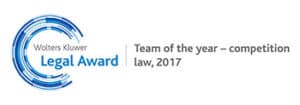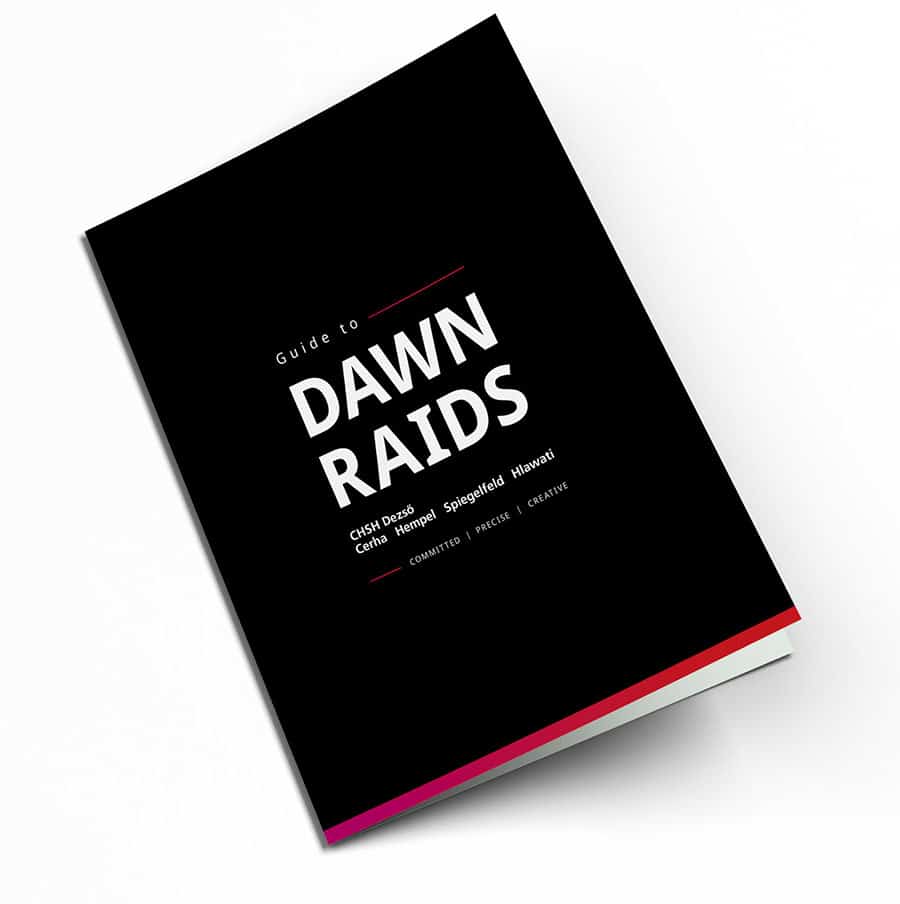The Hungarian Competition Authority (HCA) issued a new communique on antitrust fines in December 2017. The communique added new options that cooperating companies can take advantage to significantly reduce the amount of the fines imposed on them or even completely avoid being fined in an antitrust procedure. An antitrust violation can result in fines that are as high as ten percent of the net sales revenue that the relevant company earned in the previous year. It is a considerable amount and companies are well advised to pay attention to any option that can reduce it. The HCA’s communique also states the rules of how fines are imposed.
How can a company achieve a reduction in fines?
1. With a settlement agreement that includes an admission of the infringement and a waiver of the right to seek legal recourse. This is what happened in the case of Duna House and Otthon Centrum, two online property agencies that coordinated their pricing policies and exchanged confidential business information in a cross-sales cooperation. The two companies concluded a settlement agreement with the HCA, and their fines were reduced by 30%.
2. By paying compensation for the damage caused, as Vodafone did when it (among other things) offered to pay compensation to its customers and managed to reduce the fine imposed on it to HUF 200 million, or by 50% (although it was a consumer protection case).
3. By developing a compliance programme, as Pharma Nord, Lidl, or Media Markt did (again, in consumer protection cases). A compliance programme that is put in place before an antitrust procedure is launched has even greater significance. On the other hand, the existence of a compliance programme in itself is not sufficient to secure the reduction of a fine. In order to receive a reduction, the company must
a) prove that it has carried out adequate compliance efforts;
b) stop the infringing practice as soon as it is discovered;
c) be able to provide objective and credible evidence that that infringing practice was stopped as a result a compliance programme that was instituted by the company voluntarily or at the HCA’s instruction in a previous procedure.
Another condition that must be met in order for the existence of a compliance programme to qualify as a mitigating factor is that high-ranking corporate officers must not participate in the infringement.
Therefore, companies that partially or wholly remedy that negative consequences of their infringement can count on considerable fine reductions. Compensation paid to consumers is a preferred solution, because the full amount of such compensation can be deducted from the fine imposed by the HCA. Even partial compensation can result in the reduction of the fine. Such reductions can be combined with settlement agreements and leniency arrangements to achieve even greater reductions.
It is clear that the HCA wishes to use fine reductions to encourage companies to compensate consumers for the wrongs they have done and to operate corporate compliance programmes.
For example, the fine can be completely cancelled in a consumer protection case if the infringing company requested a competition law expert before launching an ad campaign, because this will be seen as evidence that the company made a voluntary effort to comply with the law.
In antitrust cases, the fine reduction can be in the range of 7% to 10%, subject to whether the company stops the infringement that is discovered with the help of a corporate compliance programme, or whether it provides evidence to the HCA in a potential later procedure. Once the procedure starts, the HCA encourages companies to implement compliance programmes by offering reductions between 5% and 20%, subject to the nature of the case. A company that admits wrongdoing and provides evidence for it can receive reductions as high as 20% to 30%.
It is important to note that small and medium enterprises (SMEs) can be given a warning instead of a fine when they commit their first infringement and there is good cause to believe that the warning will be sufficient to deter them from future infringements. A warning is a tool that allows companies to avoid fines. The HCA used this sanction against a soap distributor and several travel agencies in the past.
In recent years, the HCA has placed greater emphasis on a business-friendly approach and on encouraging cooperation, and therefore it offers several different ways of cooperation for companies that are subject to its investigations. The authority has taken several steps, such as the application of new sanctions like the introduction of warnings for SMEs or the revision of its communique on fines, which can be more efficient in ensuring greater compliance and the elimination of certain bad practices from the market.
The HCA greatly relied on the opinions of Hungarian and international experts in the drafting of its communiques: in various public consultations, companies, law firms (including CHSH) and trade organisations had the opportunity to express their positions, which were then taken into account by the HCA when it formulated the communiques.
All this shows that relying on the advice of antitrust experts in a HCA procedure has become even more important than it was in the past. A team of experts who are familiar with the HCA’s prior practices and its new approach can save up to 50% for a company if they inform it about the possible ways of cooperating with the HCA.
Márton Kocsis, Lead competition law expert



